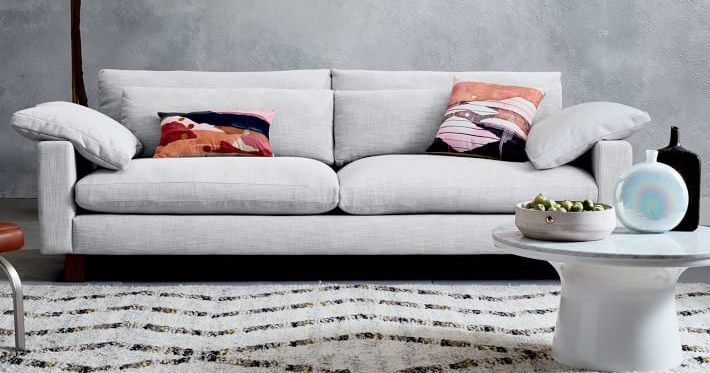Diplomats May Also Know about Couches

The English language has borrowed two words from Turkish within the meaning of “couch.” One is sofa, and the other, divan. Of course, neither of them is Turkish. The Turkic waves of invasion that flooded the Middle East from the 11th-15th centuries were composed by nomad peoples that, usually, did not sit down on sofas or divans, but adopted those objects and their names from Arabic (suffah and diwan).
The interesting point is that the origin of divan is Iranian. The Pahlavi word devan originally meant “archive,” and an archive included rolls of documents, bundles of written sheets, and collections of law, poetry, records, etcetera. The place where they were kept was also called devan, and the name also extended to the courts, where such records were also maintained. This is how the word went into Armenian as tivan (դիւան, pronounced divan in Classical Armenian), which meant “hall,” “court of justice,” “school,” and “archive,” in the Bible and among writers of the fifth century like Goriun and Movses Khorenatsi. The same word was also used, much later, with the meaning “collection of poems.”
The Armenian language did not content itself by borrowing tivan, but also created compound words like tivanabed (դիւանապետ “chief of the archive, chancellor”).
Now, Middle Eastern council chambers and courts had long cushioned seats along their walls, which by extension were called divan, and the word entered various languages (Russian, French, Spanish, and English) with that meaning. It also entered Armenian.
What is the relation between a diplomat and a couch? The fact is that the word “diplomacy” was translated into Armenian as tivanakidootioon (դիւանագիտութիւն), which literally means “science of the archives/office” (tivan = archive/office, kidootioon = science) and a diplomat, be it an ambassador, a consul or a chargé of affairs, is first of all a tivanaked (դիւանագէտ). As such, the word by definition shows him or her not only as knowledgeable on archives and offices, but also… on couches, particularly those called divan /դիւան…
